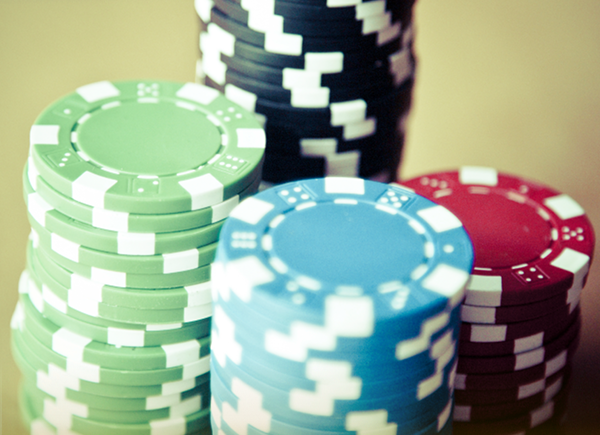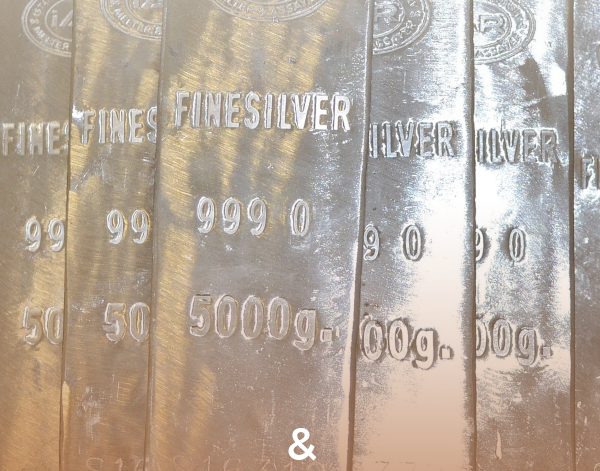Is investing the same as gambling?
I’ll cut to the chase here – no. Investing isn’t the same as gambling, and as we go on you’ll see why.
First, it may help to qualify my stance on gambling: I do not gamble and take care to avoid the betting industry. It’s a matter of principle for me and my family, so we are careful about the topics we promote on the blog.
Therefore, it’s important to cover a question that arises frequently when talking about investing: is investing in the stock market a form of gambling?
Whilst I just said no, I will go on to cover some financial instruments that should be avoided by any who, like us, wish to steer clear of any form of gambling.
Why investing is not gambling
People often object to what they think of as the random nature of the stock market, reacting to external forces that are out of any individual’s control.
Because of the risk of external influences and market volatility, they believe that putting money into the stock market is the same as taking a chance on it making a return.
However, the fact is that when you invest in the stock market, you’re not simply throwing money into a bucket and taking a chance on pulling more out; you’re actually buying a part of a business.
A stock represents an actual share in the ownership of a business.
Stocks and shares have ever so slightly different meanings (see this post for their explanation) but they both go back to the origin of the stock market – buying shares in a business venture and trading those shares.
If you buy into a fund, you may or may not know much about the businesses therein, but each share represents a thin sliver of a company. The buying and selling of shares are legitimate business transactions.
Businesses can thrive or fail, and are subject to market forces within as well as outside of their control, and this is what leads us to the subject of risk – one of the main issues many find problematic about investing.
What is risk?
Risk is not the same as chance.
We can define risk as the exposure to the possibility of loss or harm. Whilst this sounds like something we’d all avoid at all costs, the truth is that we willingly expose ourselves to risk every day.
When we travel in cars, we’re weighing the (actually pretty significant) risks against the benefits of being able to get around quickly. We do as much as we can to reduce the risk, but the truth is that a lot of the hazards on the road are out of our control.
Still, most of us don’t go as far as refusing to leave the house for fear of our lives; we just manage the risk as best we can whilst enjoying the returns of convenient travel.
When you start your own business, your own startup capital is at risk. There’s no way of telling the future or guaranteeing that your business will be a success, but you will hopefully approach your business dealings in a careful, methodical way to reduce the risk as much as possible.
The same thing goes when you’re investing in an existing company, even if it’s far removed, in the case of buying shares in a fund that holds that company’s stock.
There will always be an element of risk as you are exposed to the possibility of loss, but the risk is weighed against the potential return.
Is investing the same as taking an unnecessary risk?
Different investments carry different levels of risk. Bonds are generally lower-risk, and have lower returns, whereas junk bonds are considered to be high-risk, and offer the promise of higher returns to offset their risk level.
In short, if you can’t afford to risk any money then you shouldn’t, and if you want to invest in stocks and bonds, you should be thinking long-term, with a minimum of at least 5 years in the market.
Some trading is gambling…
Now it’s time to talk about the problematic aspects of the markets, those areas that are actually gambling – spread betting and CFDs.
Going back to our car analogy, spread betting and CFDs (contracts for difference) are more akin to driving a supercar at top speed down a single carriageway whilst eating a sandwich and texting. Most people – and we’re talking around 80% here – lose their money.
The Financial Ombudsman states:
A CFD is a contract between a consumer (the investor) and a business. At the end of the contract, the investor receives the difference between the opening and closing price of an asset (or pays the difference if it is negative).
In comparison, spread-betting allows the investor to speculate on markets and make profits or losses based on their stake and how much the price moves.
CFDs and spread-bets both offer consumers the potential of very high returns.
But they also carry a far higher level of risk than traditional gambling. This is because the consumer can lose more than their original stake.
What about day trading and forex trading?
There are many people who would vehemently object to my calling these forms of trading gambling, but there’s a very good case for considering them both to be extremely high-risk, and very dangerous for the uninitiated as well as the experienced.
With day traders holding on to stocks for only hours or even minutes, it can hardly be called investing in the true sense.
A very high number of day traders and forex traders lose their money, and there is an undeniable element of gambling inherent in the process even for experienced traders.
Use discretion when choosing financial instruments
Often, the clues are in the names. My decision is to avoid day trading, forex trading, CFDs and spread betting based on my personal principles.
Investing in the stock market isn’t the same as gambling, but there are ways to use the markets to gamble, so watch out for complex financial derivatives products and anything that uses leveraging – borrowing money – for making trades. And of course, invest wisely!
How to get started with investing:
Have a look at our investing page for more articles and tips.




